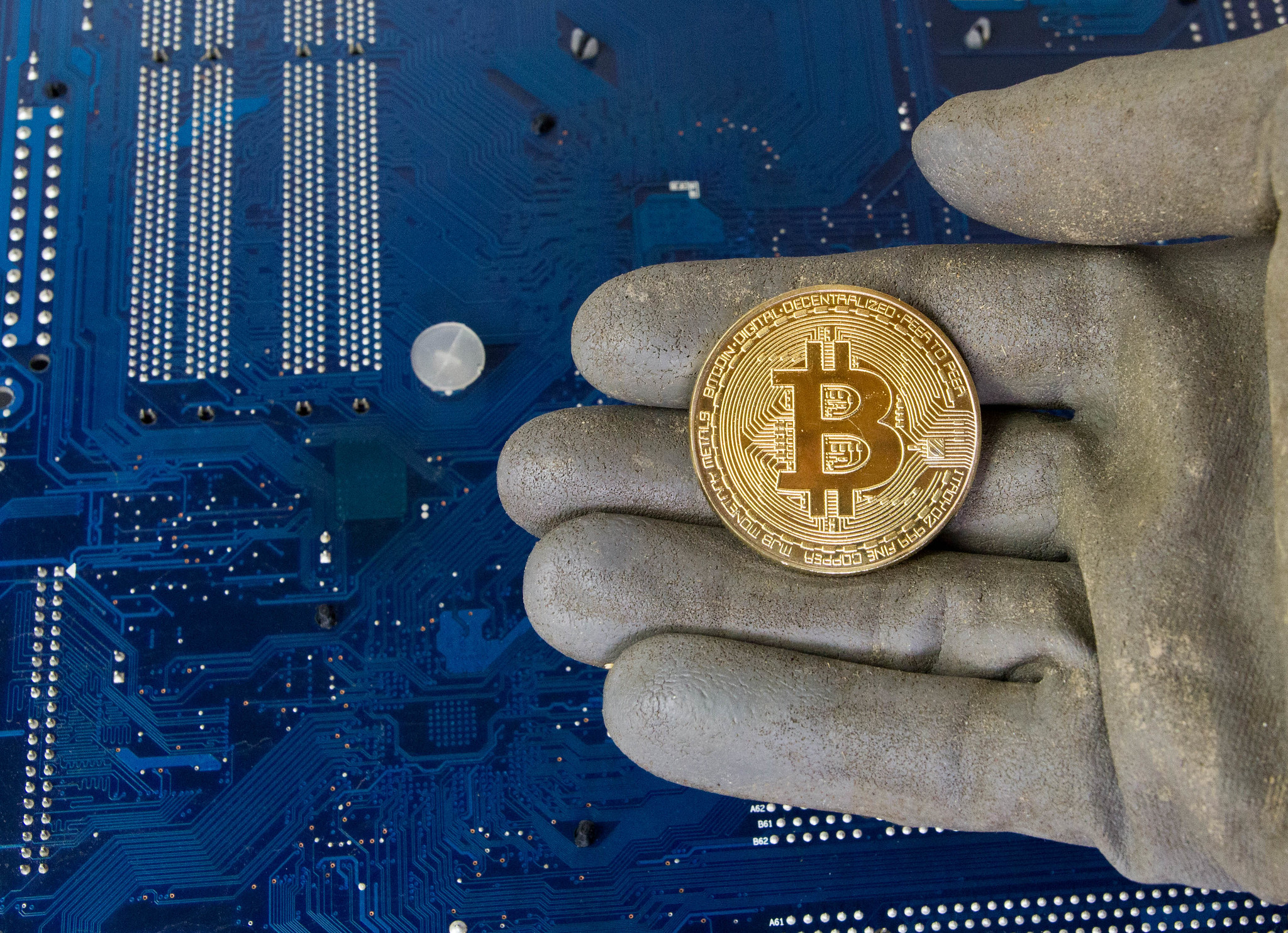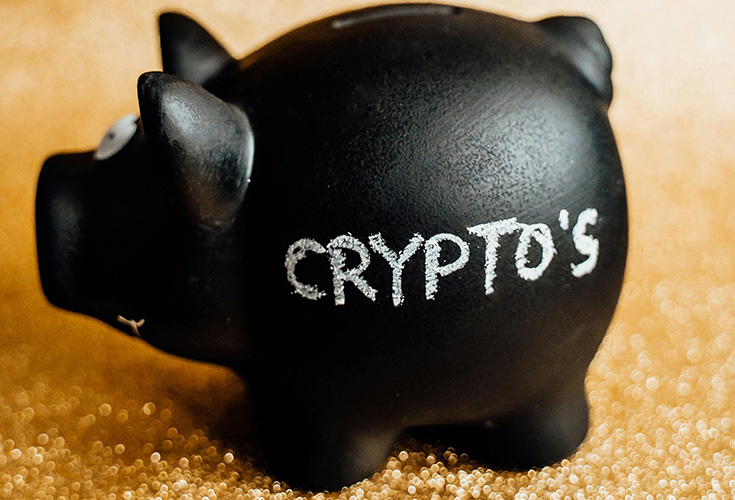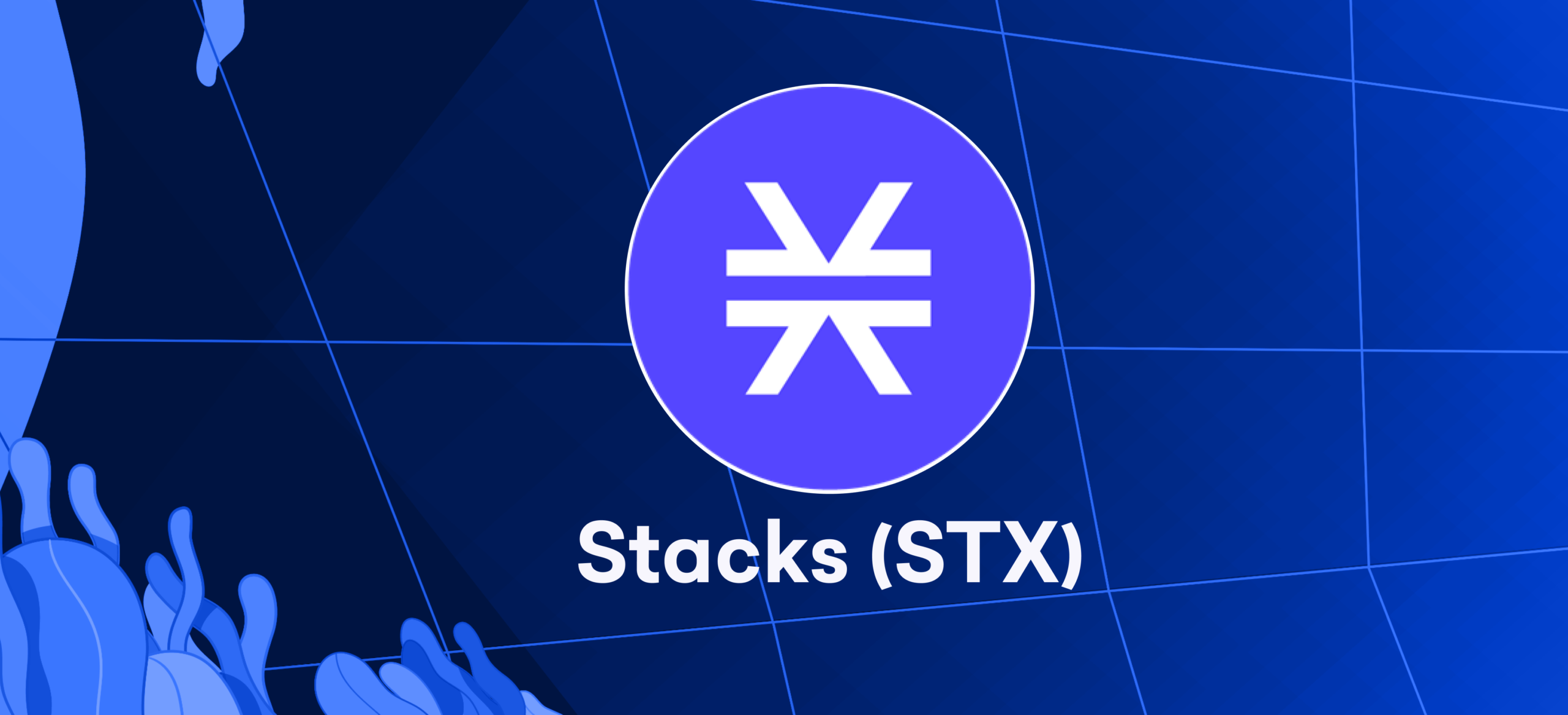
Are you interested in the world of crypto? Have you ever wanted to learn more about Bitcoin mining and how it works? If so, you’ve come to the right place.
This blog post will provide an overview of BTC mining and discuss the key concepts, tools, and techniques you’ll need to get started. From understanding the basics of mining to exploring the various types of hardware and software available, you’ll get an introduction to the exciting world of Bitcoin mining.
What is Bitcoin Mining?
Bitcoin mining is the process of verifying and adding transaction records to the public ledger of past BTC transactions (called the blockchain). Every ten minutes or so, miners group a bunch of recent transactions into a block, which is then added to the blockchain. As an incentive for verifying these transactions, miners are rewarded with newly created Bitcoins.
Bitcoin mining is an integral part of how the Bitcoin network functions. Without miners, there would be no BTC network. Miners are responsible for processing and verifying transactions and keeping the BTC network secure. They are also responsible for creating new Bitcoins and for updating the blockchain.
The process of Bitcoin mining is designed to be resource-intensive and difficult. This is done in order to make it more difficult for anyone to manipulate the Bitcoin network by adding fake or fraudulent transactions.
In order to mine Bitcoins, miners need to solve complex mathematical problems using specialized hardware. This is known as “Proof of Work.” When a miner solves a problem, they are rewarded with newly created Bitcoins. The difficulty of these problems increases over time, so miners have to stay up to date with the latest technology in order to remain competitive.
Why Would You Mine Bitcoins?
Mining Bitcoin can be an incredibly lucrative and rewarding endeavor, both financially and intellectually. With the right equipment and software setup, anyone can begin mining BTC and potentially earn a profit. Mining Bitcoin requires minimal investment, as miners can begin mining BTC with just a personal computer and some mining software.
The most common reasons people mine Bitcoin are to support the network, make a profit, and learn about cryptocurrency. Supporting the Bitcoin network by mining is one of the most important aspects of the cryptocurrency community.
Bitcoin miners are responsible for confirming transactions on the Bitcoin blockchain, which makes it secure and reliable. By mining Bitcoin, you are helping to keep the Bitcoin network safe and secure.
In addition to supporting the network, many miners mine Bitcoin for the potential profit it offers. As the price of Bitcoin increases, so does the potential for earning a profit from mining. Since the difficulty of mining Bitcoin increases with each block mined, miners are rewarded more Bitcoins as time goes on, allowing them to earn more over time.
Finally, mining Bitcoin can also be an interesting way to learn about cryptocurrency. As miners gain more experience, they will have a better understanding of how cryptocurrency works and how they can use it. This knowledge can help miners make better decisions when it comes to managing their own Bitcoin wallets and trading on the open markets.
What Equipment Do I Need to Mine Bitcoins?
When it comes to getting started with Bitcoin mining, the most important thing you need is the right equipment. While it is possible to mine BTC with your computer’s CPU or GPU, this process is highly inefficient and will require an enormous amount of electricity to be successful.
The most efficient way to mine BTC is with specialized hardware known as ASIC miners. ASIC miners are powerful computing machines designed specifically for the purpose of Bitcoin mining. These miners can cost anywhere from several hundred dollars to several thousand dollars, depending on the model and hashing power.
They also require a great deal of energy to run, so it’s important to consider your power costs before making a purchase.
It’s also important to note that ASIC miners will only work on the specific algorithm that they are designed for. This means that if you purchase an ASIC miner that is designed for SHA-256, it will not be able to mine Bitcoin Cash (BCH) or other cryptocurrencies that use different algorithms.
In addition to the ASIC miner, you will need other pieces of equipment, such as a power supply, fans, and a controller board. It is also recommended that you invest in a good cooling system for your mining setup, as running too hot can cause serious damage to your hardware.
What Software Do I Need to Mine Bitcoins?
If you’ve decided to take the plunge and start mining Bitcoin, the first step is to get the right software. There are several types of software available for Bitcoin mining, each with its own benefits and drawbacks.
The first type of software you will need is a Bitcoin miner. A Bitcoin miner is a computer program that uses your computer’s processing power to solve complex mathematical equations in order to generate new Bitcoin blocks.
The more powerful your computer is, the more likely it is that you will be able to mine new BTC blocks. It’s important to note that not all miners will be profitable, so it’s best to do some research before investing in one.
In addition to being a Bitcoin miner, you will also need a wallet to store your newly mined coins. There are several types of wallets available, ranging from online wallets that offer convenience and security to hardware wallets that provide additional protection against theft or loss. It’s important to choose a wallet that suits your needs, so it’s best to do some research before making your choice.
Once you have chosen a wallet and a Bitcoin miner, you can then begin mining. To start mining, you will need to download a mining program. Mining programs allow users to configure their mining rig, monitor their progress, and manage their mining pool. Popular mining programs include CGminer, BFGMiner, MultiMiner, and EasyMiner.
What Are the Risks of Bitcoin Mining?
When it comes to investing in Bitcoin, it’s important to understand the risks involved. BTC mining is a risky endeavor and can result in losses if not properly managed. In addition to the usual market risks associated with any type of investment, here are some of the specific risks you should be aware of when engaging in BTC mining:
1. Price Volatility:
The value of Bitcoin can fluctuate wildly. This means that miners may not always be able to get a return on their investment, as their rewards will not keep up with the changing market prices.
2. Difficulty Adjustment:
Mining difficulty adjusts over time based on the total hash rate of the network. This means that miners must constantly upgrade their equipment or risk being left behind.
3. Network Security:
Bitcoin mining requires significant computing power and is susceptible to hacking or other malicious attacks. Miners must also take steps to protect their equipment and networks from external threats.
4. Technical Complexity:
Setting up a mining rig and correctly configuring the software can be complex and time-consuming.
5. Regulatory Uncertainty:
The legal status of cryptocurrencies, including BTC, is still evolving. This means that miners need to be aware of any regulatory changes that could affect their operations.
Overall, BTC mining is a risky investment with significant potential for reward but also a high degree of uncertainty. Investors should carefully weigh all of the risks before deciding if it is the right choice for them.
What Are the Rewards of Bitcoin Mining?
Bitcoin mining is the process of adding new transactions to the Bitcoin blockchain. When a new block is added to the blockchain, the miner who added the block is rewarded with a certain amount of bitcoins. This reward is designed to incentivize mining and compensate the miners for the time and resources they spend on the process.
The current reward for adding a block to the blockchain is 6.25 bitcoins. This reward is halved every 210,000 blocks or roughly every four years, so the reward will eventually decrease to zero. In addition to the block reward, miners also earn fees for the transactions they include in the blocks they mine.
These fees are paid by the users who created the transactions and are intended to compensate the miners for their efforts in maintaining the blockchain.
Overall, the rewards of BTC mining can be quite lucrative, but they depend on many factors, such as the current value of BTC, the miner’s equipment and electricity costs, and the level of competition among miners.
What Are the Differences Between Bitcoin Miners?
There are several key differences between Bitcoin miners:
1- Hash rate:
The hash rate of a miner refers to the amount of computational power it has. Miners with a higher hash rate are able to find new blocks and solve the proof-of-work problem more quickly than miners with a lower hash rate.
2- Energy consumption:
The energy consumption of a miner is an important factor to consider, as it determines the miner’s electricity costs and carbon footprint. Miners with a high energy consumption may be less efficient and cost-effective than those with lower energy consumption.
3- Price:
The price of a miner can vary significantly depending on the manufacturer, model, and other factors. Some miners may be more expensive upfront but offer a better value over the long term due to their higher efficiency and lower energy consumption.
4-Size:
The size of a miner can be an important consideration for those with limited space or who want to be able to easily transport their miner. Smaller miners may be more portable but may also have a lower hash rate.
5- Noise and heat:
Some miners can be quite loud and produce a lot of heat, which can be a concern for those who want a quiet and cool working environment.
What Are Cloud Mining Services?
Cloud mining can be more convenient and easier to set up than running a personal mining operation. However, it is important to be aware that the profitability of cloud mining can vary significantly. It frequently depends on elements like the price of the cryptocurrency being mine at the time.
Some potential risks and downsides of cloud mining include the following:
- Lack of control:
With cloud mining, you are relying on the company to maintain the mining equipment and follow through on the terms of the mining contract. If the company fails to do so, you may not be able to recover your investment.
- Scams:
There have been many cases of cloud mining companies that were actually scams and individuals who have lost money as a result. It is important to do thorough research and only invest in reputable companies.
- Competition:
Cloud mining companies may have a large number of miners working for them, which can increase the level of competition and make it more difficult for individual miners to earn rewards.
- Market fluctuations:
The value of cryptocurrencies can be highly volatile, and this can affect the profitability of cloud mining operations.
Conclusion
Bitcoin mining is an exciting endeavor that can be incredibly rewarding, both in terms of financial gain and knowledge gained. It requires careful planning and research, as well as access to specialized hardware and software.
But if done correctly, it can yield great profits and help secure the Bitcoin network. Bitcoin mining involves a variety of dangers, such as technical difficulties, the cost of mining hardware, electricity costs, and the ever-changing Bitcoin price.
Additionally, there is the risk of government intervention or regulation that could make mining less profitable or even illegal. However, for those willing to take risks, the rewards can be substantial.
For those looking for an easier way to mine Bitcoin, cloud mining services offer an attractive option. These services allow users to rent out hardware to a pool of miners, who then work together to mine BTC.
This is often a more cost-effective option than setting up an individual mining rig. Finally, miners should take the time to research different BTC miners to decide which one is best suited to their needs and budget.
No matter which path you choose to pursue in BTC mining, the conclusion is clear: if you’re willing to do your homework. Then invest in the right equipment and software, and you can reap some serious rewards.








